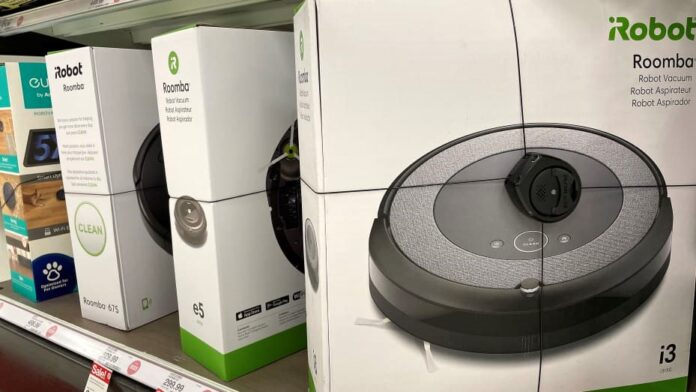Amazon’s proposed acquisition of iRobot, the vacuum cleaner manufacturer renowned for its Roomba models, faces a setback as the European Union’s competition watchdog moves towards blocking the takeover. While the UK’s competition watchdog initially cleared the purchase, the European Commission (EC) expresses concerns about potential anti-competitive consequences.
The Competition and Markets Authority (CMA) in the UK had approved Amazon’s acquisition, emphasising the tech giant’s modest presence in the UK vacuum cleaner market, already featuring significant competitors. However, the EC, responsible for overseeing competition in the European Union, launched an investigation in July 2022, examining potential implications for the broader market.
Amazon’s $1.7 billion takeover bid, initiated in August 2022, aimed to strengthen its position in the smart home appliance sector. The concern from regulators is rooted in the potential impact on competition, particularly if Amazon, through its e-commerce platform, provides preferential treatment to Roomba over other vacuum brands.
While the EC is legally bound to reach a decision by February 14, the final verdict requires consensus from the commission’s 27 top political leaders. News of the EU’s intent to block the deal led to a 40% decline in iRobot shares during after-hours trading, marking a significant setback for the company, which had viewed the acquisition as a positive move amid sales challenges.
Critics argue that blocking the deal may hinder competition in the home robotics sector. Matt Schruers, President of the Computer and Communications Industry Association, stated that if the goal is to enhance competition, preventing the deal seems counterproductive and could limit consumer choices.
Roomba models, priced around £1648 in the UK, have become synonymous with automated vacuum cleaning technology. The outcome of the EU’s decision will not only impact Amazon’s strategic plans but may also influence the landscape of the home robotics market.

















